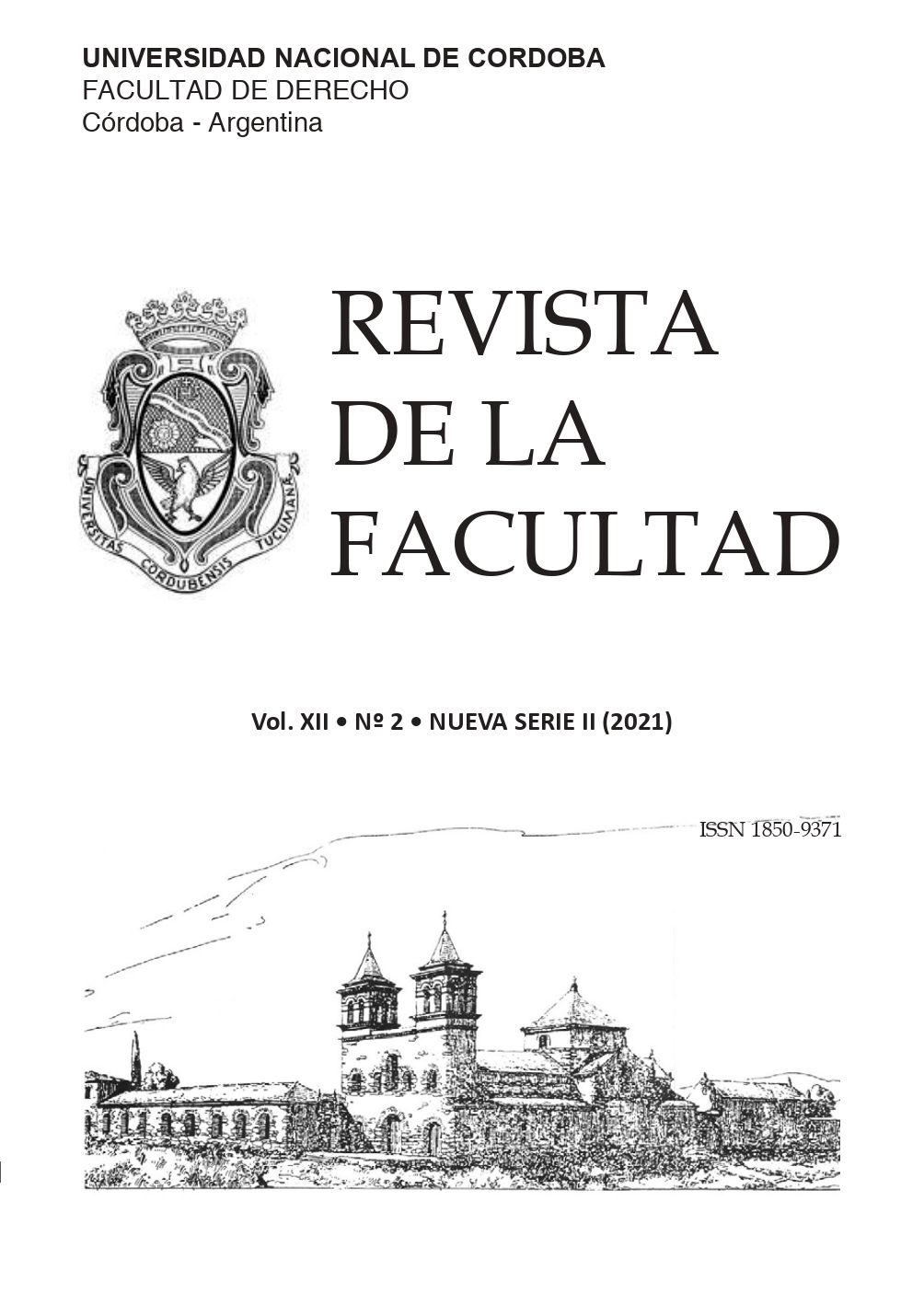FROM THE MEDICAL-REHABILITATING PARADIGM TO THE SOCIAL MODEL OF PEOPLE IN A SITUATION OF DISABILITIES. LEGAL FRAMEWORK AND APPLICATION IN JUDICIAL PRACTICE
DOI:
https://doi.org/10.31054/2314.3061.v12.n2.43034Keywords:
Mental health, Capacity restriction, Disability, SupportAbstract
The Civil and Commercial Code (2015) introduces changes regarding the rights of persons with disabilities, thus harmonizing internal legislation with the principles of the Convention on the Rights of Persons with Disabilities. The current legal system accepts the social model of disability, leaving aside the medical-rehabilitative model that contemplated the repealed code, also keeping coherence with Law 26657 on Mental Health (2010), which incorporated the postulates of the CRPD into our internal law , and I constitute the starting point from which this path was exalted towards another perspective, since it recognizes the right to access comprehensive mental health care according to the needs of the case on a level of equality and non-discrimination. In this context, we consider it necessary to address the scope of both the CRPD, the national and local regulations, contemplating the material and formal validity. As well as, weigh the adequacy to the guidelines of the substantial regulations in judicial practice, based on the principles enshrined in the CCC, such as the interdisciplinary approach, the possibility of participation of the subject in the process under the gaze of the person with differences as a subject of law, emphasizing their ability and the best way to integrate socially under the new support system.
Downloads
Published
Issue
Section
License
Copyright (c) 2023 Facultad de Derecho. Universidad Nacional de Córdoba

This work is licensed under a Creative Commons Attribution-NonCommercial-NoDerivatives 4.0 International License.
La publicación del artículo implica la donación de los derechos de autor a la Facultad de Derecho, conservando el autor su derecho a utilizar el artículo en publicaciones de su autoría o páginas web referidas a su trayectoria. Para el caso de otro tipo de publicaciones, antes de su utilización, deberá obtener autorización de la facultad.


